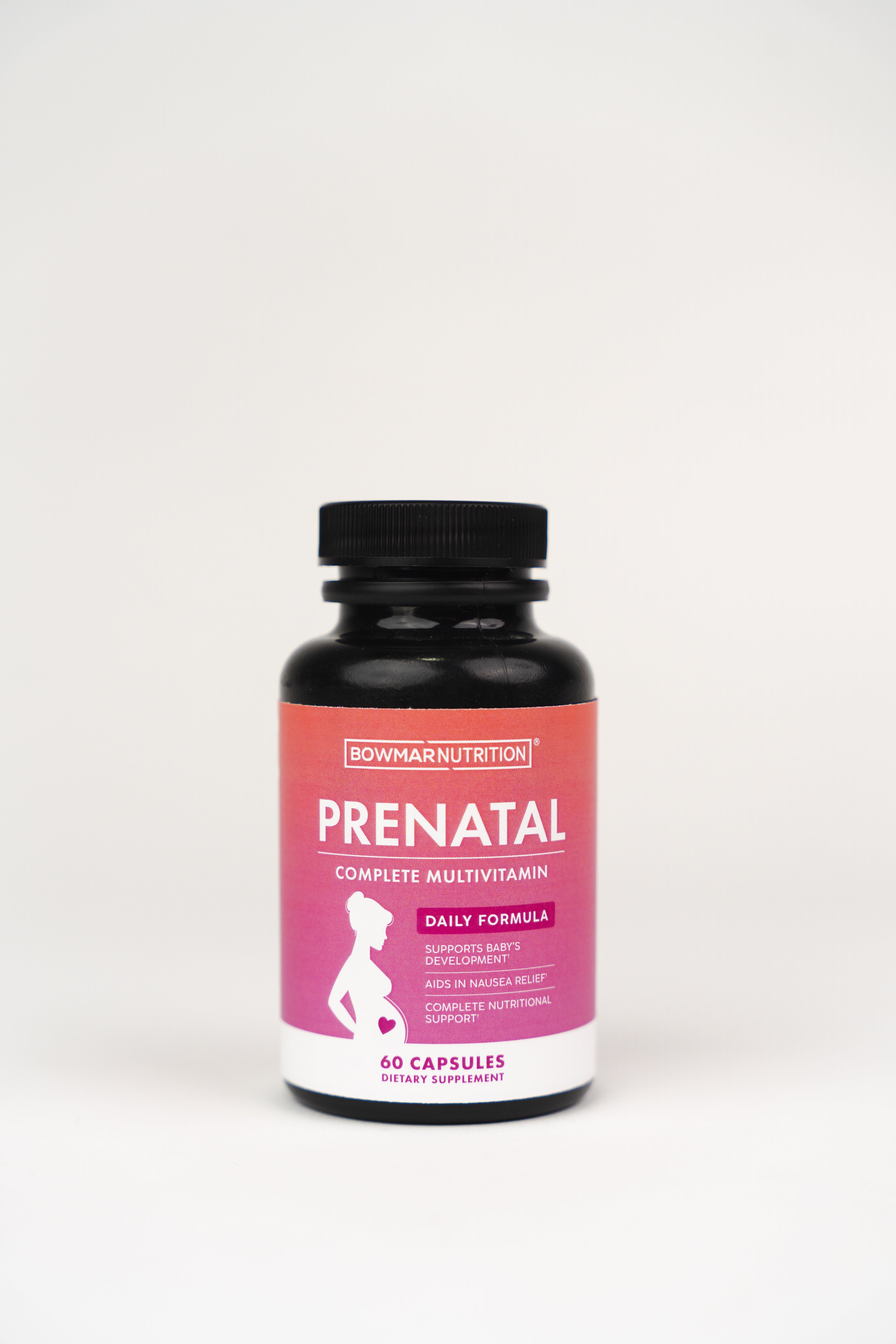When it comes to choosing the right prenatal vitamin, not all formulas are created equal. One factor that’s gaining a lot of attention is the MTHFR gene mutation (yes, that’s really what it’s called!) and how it affects your body’s ability to process folic acid—a critical nutrient during pregnancy.
Let’s break it down.
What Is the MTHFR Gene? The MTHFR gene provides instructions for making an enzyme that’s essential for processing folate (vitamin B9). Folate supports DNA synthesis, cell division, and the formation of red blood cells—making it absolutely essential during pregnancy for healthy fetal development.
However, some people have a variation (mutation) in this gene that reduces their ability to convert folic acid (the synthetic form of vitamin B9 found in many supplements and fortified foods) into its active, usable form—methylated folate (5-MTHF).
How Common Is It? Up to 60% of women may carry an MTHFR gene variant. This doesn’t mean there’s anything “wrong,” but it does mean your body might struggle to convert folic acid effectively. If you’re taking a traditional prenatal with folic acid, your body might not be absorbing or using it as intended.
Why It Matters for Pregnancy Folate is essential in early pregnancy for healthy brain and spinal development. Insufficient folate intake (or poor folic acid conversion) has been linked to neural tube defects and other developmental issues.
Because you often don’t know you’re pregnant until a few weeks in—and because most people haven’t been tested for the MTHFR gene—it’s smart to choose a prenatal that uses methylated folate from the start.
What to Look for Instead of Folic Acid Look for the terms:
-
Methylated folate
-
L-methylfolate
-
5-MTHF
-
Quatrefolic® (a branded, clinically studied form of methylated folate)
These are forms your body can use immediately, with no conversion needed—making them ideal whether you have an MTHFR gene variant or not.
Why We Use Quatrefolic® Our prenatal contains Quatrefolic®, a highly bioavailable and active form of folate. It’s MTHFR-friendly and supports your body and baby from the very start. We use it because we believe every mama deserves peace of mind when it comes to their nutrient support.
Bottom Line: You don’t need to get tested for the MTHFR gene to make a smart choice. Choosing a prenatal with methylated folate ensures you're covered—just in case your body needs that extra help.
Because when it comes to supporting your fertility, pregnancy, and baby’s development, every detail matters.



Share:
Peach Cobbler Protein Smoothie
Berry Greens Smoothie Bowl